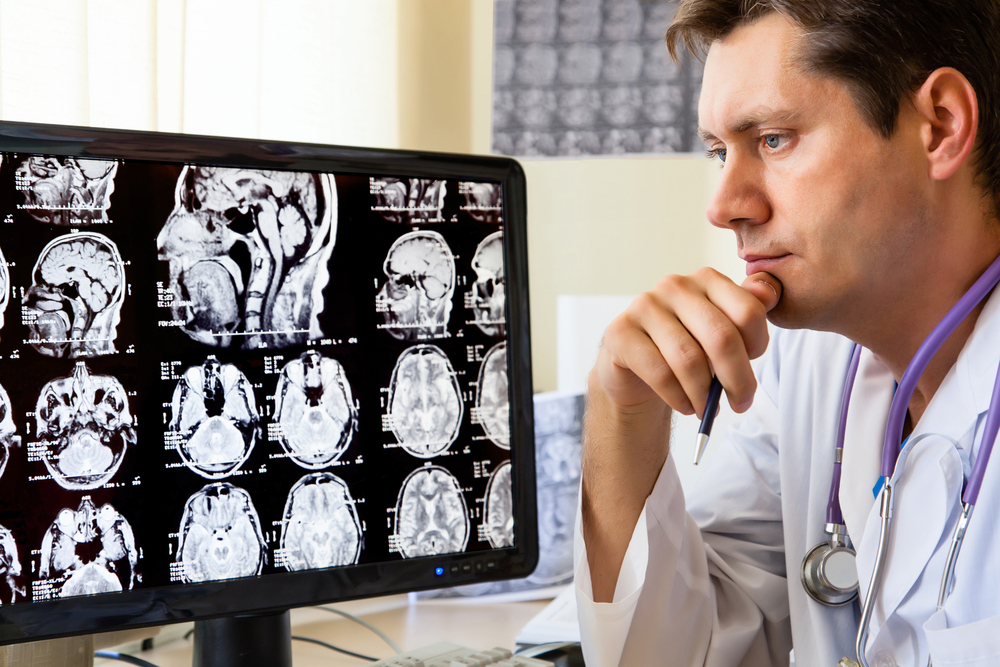written by home doctor townsville team
A new Queensland study has found MRIs can reveal if a person has depression and what kind they have. It’s a discovery that could change the way people with mental health issues are treated. Currently they are diagnosed based on symptoms, rather than a specific test.
It was a joint study conducted by researchers at the QIMR Berghofer Medical Research Institute in Brisbane, the University of New South Wales and the Black Dog Institute.
Brain imaging technology was used to identify distinct changes that occur in the brains of people with different types of depression. Their findings were recently published in the international Psychological Medicine journal.
The study was led by Doctor Christine Guo who says one in five Australians will suffer from a major depressive disorder (MDD) at some point in their lives.
“The underlying changes that occur in the brain can be quite different in patients with different types of depression,” Dr Guo said.
“This means that patients with different types of depression require, and will respond to, different kinds of treatment.
“The problem for doctors though, is that these patients can present with overlapping symptoms including sad mood, low energy and poor sleep.
“This means that it can be very difficult to accurately diagnose patients with a particular type of depression.
“By identifying the distinct neurobiological changes that are associated with different types of depression, we hope that we will in future be able to use MRI scans to accurately diagnose patients so they can receive the most appropriate treatment.”
“Breakthrough” study will help patients: Black Dog Institute
Professor Gordon Parker from the Black Dog Institute told ABC News it’s “a significant breakthrough”.
“This study is distinctly informative in telling us that there are at least two key types of depression,” Professor Parker said.
“One is the very biological depression which we call melancholia. We do need to be able to identify this condition so that people with it can be properly treated.
“We need better ways of separating out the biological type of depression from the other conditions.
“When we know the cause and the regions of the brain that affect it — this is an opportunity for developing more appropriate treatments.”
How the findings will be put into practice
It could be years before the diagnostic tools are ready for general use but Doctor Michael Breakspear explained to ABC’s PM program “the findings would help doctors break through the often overlapping symptoms that people with depression experience”.
“What we have been doing in psychiatry is just classify people into disorders based on their symptoms,” he said.
“But as imaging technology has advanced, we’re now at the point where we can find distinct underlying differences in the brains of people that we know from other studies respond differently to different types of medication.
“This study not only shows that people with melancholia have certain disconnections in the brain that people with non-melancholic depression and normal people don’t show, even when depressed.
“[But it also] points at the areas of the brain that are involved and tells us something as to the actual causal process where things go wrong when people are in [an] episode.”





